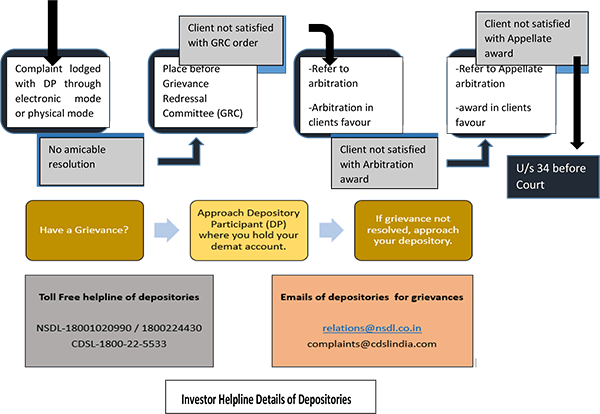Trading in a securities market is similar to trading in any other goods and services market because the concept of demand and supply is applicable everywhere. Demand and supply play an important role in determining the price of the securities.
Listed companies can sell shares directly to the public through the stock exchange. The sale is either in the form of an Initial Public Offering (IPO) or a Follow-on Public Offering (FPO).
An IPO is the first time the company’s shares are sold to the public. After the IPO all other public offers are known as FPO. In India, during the last few years, IPOs have gained immense popularity and more and more companies are opting to go public.
However, like any investment, IPOs have their own set of benefits and risks. Investors should be aware of the associated benefits and risks before they decide to invest in an IPO or not.
Benefits of Investing in IPOs in India
- Significant Returns: The biggest advantage of investing in IPOs is the chances of earning significant returns on the investment. Investors are attracted towards investing in IPOs as it is an opportunity to buy shares at a lower price than they might trade once the company is listed and goes public. Successful IPO investments can yield substantial profits over time.
- High growth potential: Investors can invest in early-stage companies by investing in IPOs. These companies are often innovative and torch-bearers in their respective industries. By investing in the early growth stages, investors can earn substantial gains as the company grows and reaches new heights.
- Liquidity: Once you have invested in IPOs and you have been allotted shares, these shares can be bought and sold easily in the secondary market, providing you with liquidity. Unlike most other types of investments, IPO shares can be sold quickly if needed. Investors are known to earn substantial profits by selling the shares on the day of listing itself.
- Price Transparency: Investors are offered complete information about the company and its price valuation of equity shares through the prospectus filed by the company. There is complete transparency and even small retail investors have access to similar data as some of the big investors.
Risks of Investing in IPOs in India
- Volatility: The share prices of IPOs can be highly volatile, especially during the initial days of trading. Prices of IPO shares have been known to rise to unrealistic levels or plummet unexpectedly in the initial days of trading. This high volatility can result in significant short-term losses for investors.
- Lack of Historical Data: Unlike companies that have been listed for a long time, there is no track record of the financial performance of IPOs. Investors have limited information to determine the company’s stability and growth prospects.
- Underperformance: IPOs are not always successful. Some companies are unable to meet the expectations of the investors, resulting in an underperformance of the stock price. Being invested in underperforming IPOs can lead to significant losses.
- Regulatory and Compliance issues: The rules and regulations for the issuance of IPOs in India are complex, and the companies are required to meet stringent compliance standards. Any regulatory issues or non-compliance can have a negative impact on the stock price.
- Allocation and Allotment Issues: The allocation and allotment of IPO shares is a complex and challenging process. Retail investors are not always allotted shares in their requested quantities, and in many cases, institutional investors are given preferential treatment.
Tips for Investing in IPOs in India
If you have decided to invest in IPOs and are considering the benefits and risks associated, here are some tips to consider when investing in IPOs in India:
- Conduct thorough research about the company, its finances etc. before investing in the company’s IPO.
- Evaluate whether the price of the IPO is reasonable as compared to its industry peers and the overall market.
- Avoid investing your entire capital in a single IPO. Diversify your funds across different asset classes and industries to help reduce the risk associated.
- Try to find out what the company plans to do with the funds raised through the IPO. It’s important to know if the money being collected will be used for the growth of the company or to pay off debt.
- Seek advice from a financial advisor who can provide personalized guidance based on your financial goals and risk tolerance.
Conclusion
Investing in IPOs in India can be both rewarding and challenging. While the chances of earning substantial profits by investing in an IPO are high, the risks associated cannot be ignored. It is important to understand the pros and cons of investing in an IPO before making the decision. Conduct thorough research, and understand the company’s policies before investing in IPOs.




